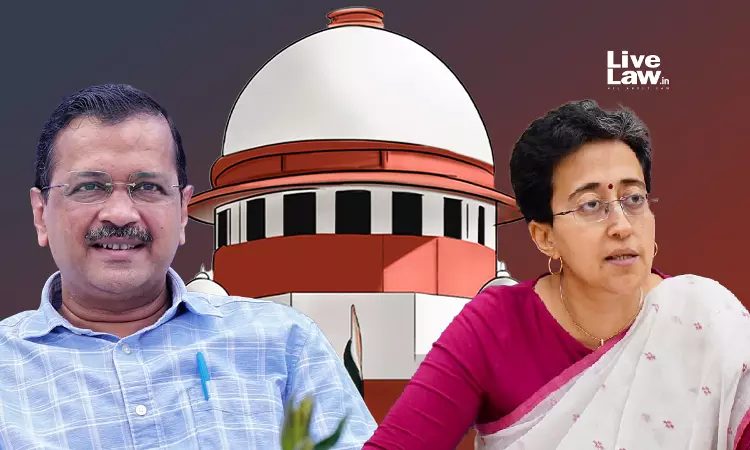In an interim relief to Aam Aadmi Party chief Arvind Kejriwal and Delhi Chief Minister Atishi Marlena, the Supreme Court today stayed further proceedings in a criminal defamation case filed by BJP leader Rajiv Babbar assailing their remarks over alleged deletion of Delhi voters' names from electoral rolls in 2018.A bench of Justices Hrishikesh Roy and SVN Bhatti granted the interim relief,...

